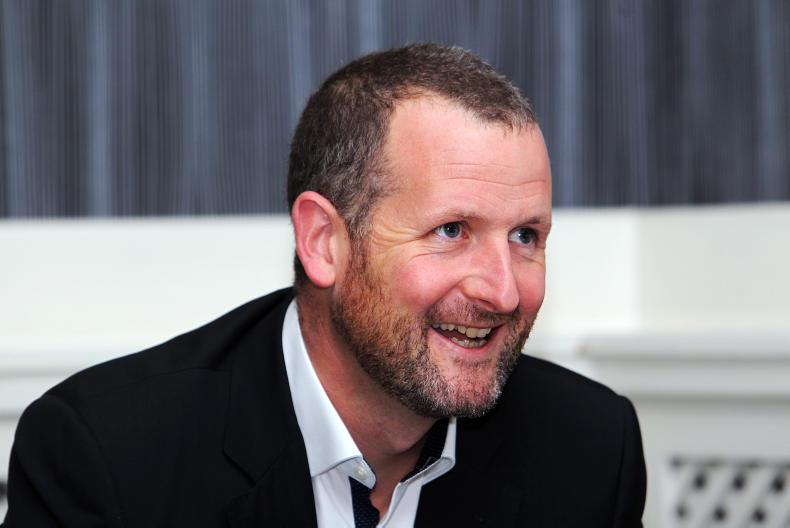It’s difficult to be enthusiastic about Brexit and the outcome of it has the potential to dramatically change how we trade, according to Dawn Meats chief executive Niall Browne.
Speaking at the Agricultural Science Association (ASA) conference, he said: “As an industry we need all stakeholders to be proactive and support the entire supply chain to be prepared for whichever scenario we end up having to deal with.
“This is not a time to be complacent and stick our head in the sand but nor is it a time to be despondent.
“We’ve faced many challenges over the years, foot and mouth, BSE, and we will face this one down and we will succeed.”
Information vacuum
“There are soundings that both sides may accept a transitional period and Ireland is suffering major currency volatility but apart from that we’re in an information vacuum on Brexit,” he said.
“In other words we do not have the detail we need to make business decisions in relation to Brexit.
“And, we will not get that information, in my opinion, anytime soon based on last week’s talks in Brussels.
“We understand that there’s been progress made in tariff-related quotas (TRQs). Both sides appear to have found common ground. Again, it will be a while before we know what’s agreed.”
What does a good Brexit look like
Browne said that from an Irish beef industry point of view, a good Brexit for Ireland would be an EU-27 trade agreement that is tariff- and barrier-free, with free and unfettered access to Britain.
“We need to ensure that unnecessary logistical delays and increased administrative costs are avoided.
“Any disruption to current supply chains will have negative consequences for farmers, consumers and businesses.
“We need to avoid regulatory divergence. This is vital. The maintenance of equivalent standards on food safety, animal health and welfare and the environment – if we can have the same standards this should provide minimum disruption to trade and avoid standards being used as trade barriers.”
Market access
There is great work being done on market access, but Ireland can’t ease off on the effort, Browne said.
One area that Ireland needs to focus on at home is for EU state aid rules to be relaxed to support industrial investment.
“We need to be Brexit-proof and ensure our industry is well invested, whether that be in capital projects or people, and we must continue to innovate.
“To take a wait and see approach will be too late if we end up with a hard Brexit.
“A solution will have to be found to allow trade to continue. A market support mechanism will be required in that scenario.”
‘We’re not throwing up the white flag on the UK’ – Department of Agriculture
Farmers must embrace sustainability or the market will react negatively – Hogan






 This is a subscriber-only article
This is a subscriber-only article










SHARING OPTIONS: